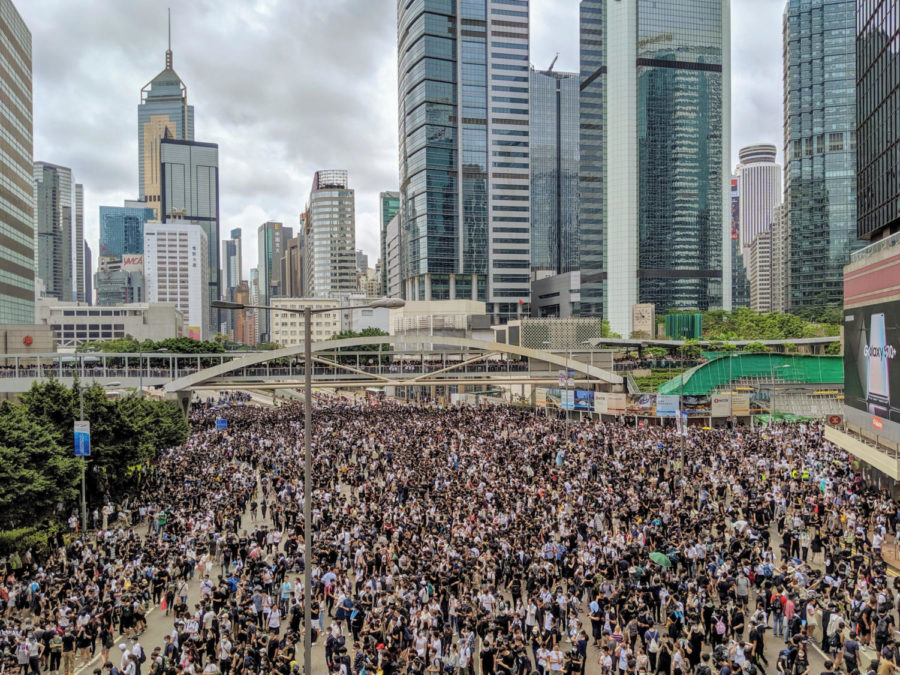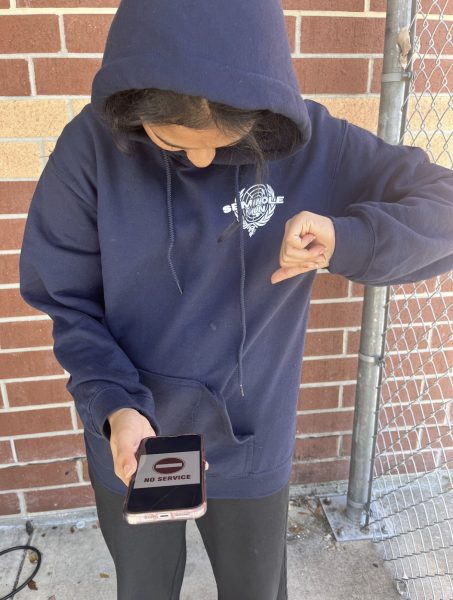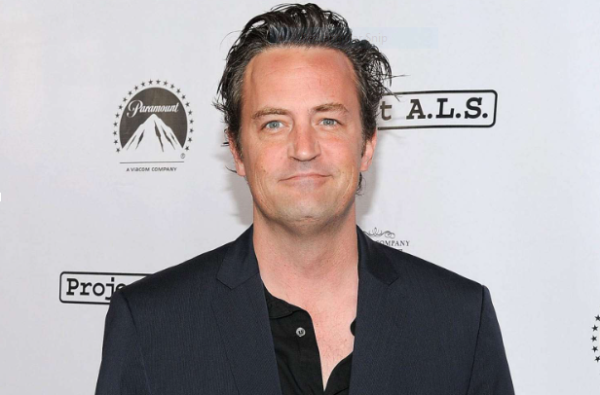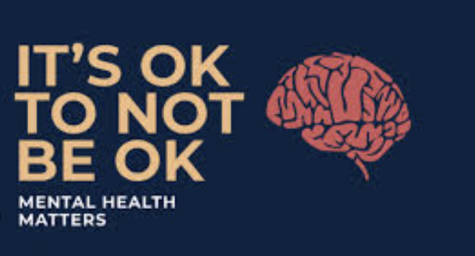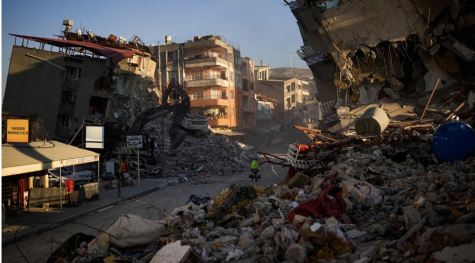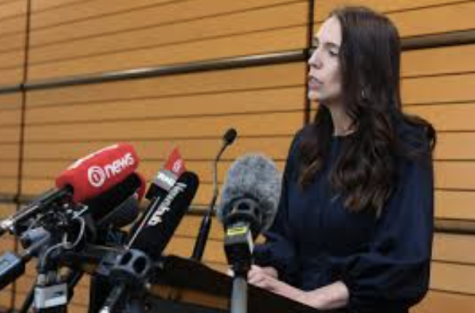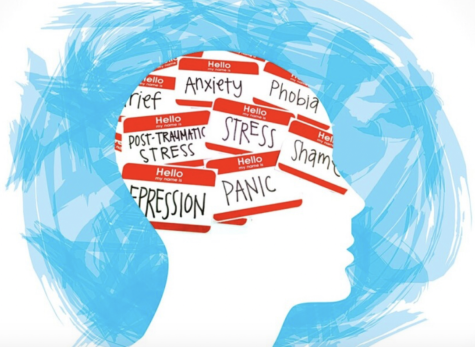DYING FOR DEMOCRACY: HONG KONG IN CHAOS
November 22, 2019
The Price of Freedom:
In April of 2019, President Xi Jinping of the Chinese government passed an extradition bill, indicating that mainland China now has the right to reclaim any suspected criminals from Hong Kong. Hong Kong differs from mainland China, in that it essentially receives a high degree of autonomy (passed in the 1997 handover as “one country, two systems”). This means that Hong Kong does not have a communist regime like mainland China’s government. The city has its own democratic policies and systems of government, including the right to free speech and assembly. Many individuals seeked refuge in Hong Kong, but April’s extradition bill will likely scrap the chance of asylum in the city. This is why the bill was deemed so controversial in the first place and led to a series of violent protests.
How the Extradition bill sparked discussion on Hong Kong’s Democracy and Freedom:
Many critics note that the People’s Republic of China is overstepping their jurisdiction as an attempt for Beijing to exert more controls over Hong Kong’s policies. Pro-democracy demonstrations broke out against the extradition bill because anyone doing civil rights activities are at risk, including the protestors and activists marching themselves, reporters and journalists covering controversial issues that mainland China deems “unfit,” human rights lawyers, and many other individuals using free speech and justification. Prior to the violent outbreaks, Hong Kong was known as a “safe haven” for refugees seeking asylum from mainland China and any individual awaiting a trial could be protected under Hong Kong’s seperate free administration. Mainland China is strict in the sense that anyone who commits sedition or remotely speaks out against a displeasement of their government will be imprisoned. Criticism over surged as many note that the People’s Republic of China will soon take advantage of the extradition bill to detain protesters in Hong Kong. The extradition bill will allow for thousands upon thousands of Hong Kong residents to now be subject to questioning and detainment for any past crime by the Chinese government.
“The bill is just the start of everything China will soon try to take control of. Mainland China will then take their next steps to controlling us. These rights we have are now just going to be stripped from us.” said one Hong Kong Resident on why he and his partner were going to march on the June 12th protest.
25 Weeks of Violence at Unrest:
June 12, 2019 was made to be a peaceful march, lined with men, women, children, and elderly individuals. The march took a lash of events once the Hong Kong police began using an unprecedented amount of force to suppress protesters. This, in turn, only raised tensions and caused more outrage. Police brutality escalated as they soon began violently spraying tear gas, using pepper spray, batons, etc on their own Hong Kong people. Many citizens revolted, demanding and yelling that the violence were an act of injustice. Just this monday, police officers stormed into a University campus arresting student activists. The students and officers were at a deadlock until the police used tear gas, armored vehicles and rubber bullets as a blockade to trap the student rioters, many of whom retained significant injuries. During the time of six consecutive months of pro-democracy demonstrations, many protesters have been brutally shot at by the police, bulldozed, and even set on fire. An infamous video has surfaced in what appeared to be an officer pouring petroleum on a man, and instantly lighting him on fire. Many note that this is an entirely different level of cruelty and injustice of their own people. However, protesters still persevere for their democracy despite the circumstances.
“As an American, I support the quest for democracy in all parts of the world; however, I do not condone violence. I am both shocked and empowered by the lack of political apathy in Hong Kong in comparison to the United States. I believe that everyone, especially Americans, should be watching this moment unfold,” said one American college student currently studying abroad in Hong Kong.
“The police officers now do not even have to wear their numbers or any ID info, so they can beat whoever they want without repercussions. They attacked ordinary civilians at metro stations and on the streets. No one trusts the police anymore and [Hong Kong] is paralyzed in fear,” explained Junior Lydia Chung after partaking in several peaceful protests this past summer.
The Sports Hypocrites of Social Reform:
It is written in our first amendment of our right to free speech and the ability to petition. Americans hold those truths to a high regard and protest whenever we deem a government implementation is unethical, unconstitutional, or unfair. Individuals take it to the streets, make signs, and yell at the top of their lungs demanding action or change. We often see sports role models such as Colin Kaepernick and LeBron James petitioning for social injustice. Such instances include when the NFL players, including Kaepernick, took a stand during the national anthem to protest police brutality for minorities. “Taking a knee” soon developed as a political stance to fight the inequality of racism many individuals felt was prevalent in our country. Moreover, a similar instance can be noted when the United States Women’s National Soccer Team spoke out about the unfairness they received regarding funding, adequate infrastructure, and their salary compared to the men’s team. Meghan Rapinoe, the co-captain of the USWNST, spoke out on several occasions where she felt discriminated because of her sexuality and gender in the sports field. Rapinoe, a strong advocate for gender equality, petitioned for unfairness and spoke out against president Trump for many issues; however, when the Hong Kong protests came into the playing field, she and the rest of the team did not discuss the issue. The NBA has been criticized for their lack of stance and many note how China investing billions of dollars into the NBA may be the underlying issue.
The NBA are very vocal about social justice and different issues [prevalent] in American society. But they got quiet about this one, and to me personally I thought that was a bit hypocritical because when you are willing to stand up and speak out about various issues but not on this one because it can affect your bottom line. All of a sudden, money in your pocket can be impacted and all of a sudden we are no longer defending free speech like they defend and go after other social issues,” voiced Principal Rodriquez
The Global Impact:
The United States always viewed Hong Kong as a separate entity from mainland China when it came to fiscal relations and trade. As Hong Kong’s autonomy is quickly corroding, the EU and other countries note that they may see a significant change in the controls on how their businesses are operating. President Donald Trump remained relatively silent on the pro-democracy demonstrations; however, later voiced that the events in Hong Kong could affect trade negotiations and other relations.
Due to strict censorship in mainland China, the media coverage on the current situations in Hong Kong can tell Chinese residents otherwise. BBC notes the differences between HK and Western media relative to China’s. There is a certain bias present in how these outlets allow their viewers to perceive these protests. Several news outlets have seen this discrepancy and noticed how mainland China’s controlled coverage has been manipulating photographs and surfaced videos to present themselves as victims and the protesters as malicious.
As Hong Kong and mainland China’s dispute is still in heated tensions, the US congress and other alliances will continue to support the Hong Kong people during their difficult times and hope that in the days to come, these horrific circumstances will come to rest and the people who died fighting for democracy will be properly honored.
*Quotes from current Hong Kong were left anonymous to protect the identity of individuals voicing their speech.
























